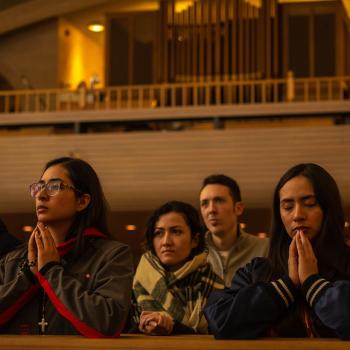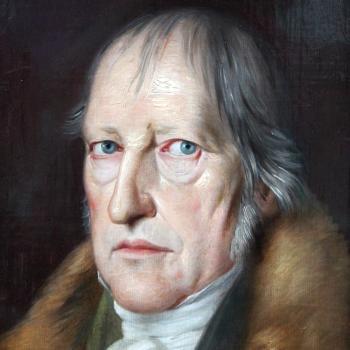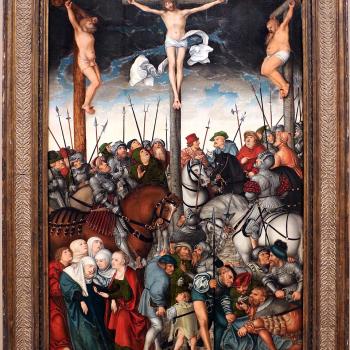The last few weeks we’ve been looking at recent studies about the state of Christianity in the United States, with special attention to what the data revealed about the Lutheran Church Missouri Synod.
I hope you non-Lutherans got something out of that too, since many of these findings apply to all churches and I included links that would take you to the corresponding data about your own church body.
Christopher D. Raymond looked at the data about his own Catholic Church and he came to a stark and generally applicable conclusion about the decline in church affiliation: “Orthodox believers stay, while those with unorthodox views leave.”
He makes that case in his article for Crisis Magazine entitled Bad Theology Is at the Heart of Declining Numbers with the deck, “Bad theology drives church decline. Orthodox believers stay, while those with unorthodox views leave. Generational data confirms it: faith falters with weak foundations.”
That seems obvious when you think about it, but the phenomenon has empirical backing. Raymond cites the findings of the Portraits of American Life Survey, a collaboration of Rice and Notre Dame, which surveyed people about their religious affiliation and beliefs. The survey included specific questions about their belief in historic Christian doctrines (e.g., the resurrection of Christ, the reality of Heaven and Hell, whether the Bible is inspired, whether the Bible is inerrant, whether God’s law is the basis for morality) and each respondent was given a score based on their answers and put on an “orthodoxy” scale.
What makes the Portraits of American Life Survey so unique and helpful is that the same people surveyed in 2006 were surveyed a second time in 2012. This made it possible to chart any changes in their beliefs and affiliations over that six year period.
Among Catholics, only 2% of the most orthodox respondents had left the church. Only 4% of the moderately orthodox left. But of the least orthodox, 16% left.
This data, according to Raymond, also accounts for the generational declines, as each succeeding generation–lacking the foundation from the previous generation–scores increasingly low on orthodoxy and high on disaffiliation.
Raymond published a more scholarly article on the subject in the Journal of Empirical Theology entitled The Impact of Theology on Disaffiliation, Disengagement, and Disbelief. Here is the abstract:
While the reasons for the differences in the growth rates of conservative and liberal churches are well studied, one important potential reason for this difference has received little attention. The argument that liberal theology undermines the basis of belief implies that those with liberal theological views may be more likely to lose faith and disaffiliate than those holding conservative theologies that reinforce adherents’ religious faith and practice. Using a nationally representative panel survey of the American public, the analysis performed here shows that those with liberal theologies were significantly more likely to disaffiliate from Christianity, attend church less often, and cease believing in God between the two waves of the survey than those with more conservative theologies. On the basis of these findings, more attention should be given to the role that theology may play in understanding patterns of secularization.
Again, this should be obvious. People who no longer believe in the tenets of Christianity are more likely to leave the church than those who do believe in them. As Raymond says, the question remains as to why people no longer believe in the teachings of their churches. He writes,
Leaving aside, for the time being, tough questions about how we arrived at a point where such unorthodoxy became so widespread, one simple step to arrest the decline is to do a better job instilling orthodoxy—and to root out teaching to the contrary where it exists. Lukewarm embrace of the Church’s teachings fails to help anyone; if anything, it just sets people up to be swept away by the next tide of secularization. Of course, improving catechesis and more strident apologetics alone won’t reverse the damage done overnight, but the evidence presented here shows it is clearly needed.

















